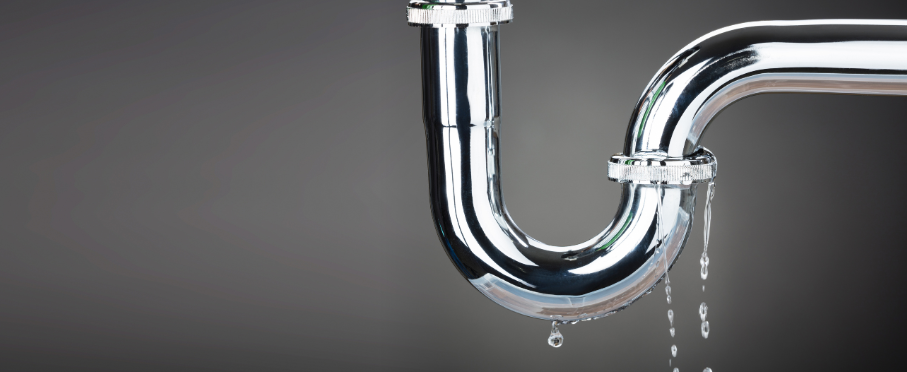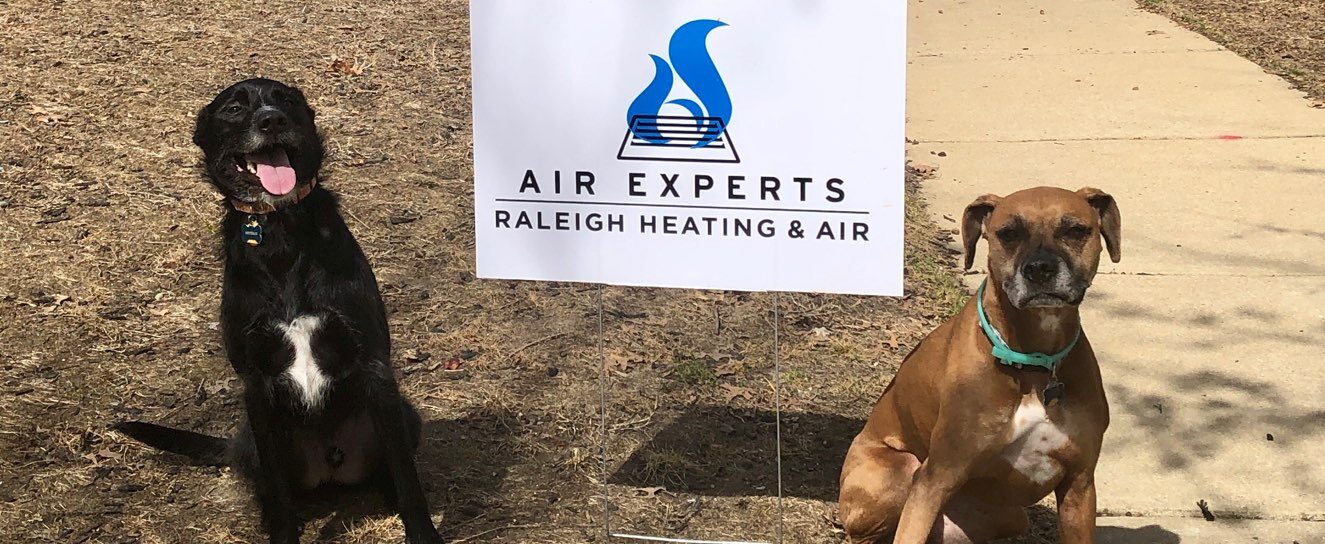Rust and Your Furnace: What It Might Mean
Here in Wake Forest, many people use forced air furnaces to heat their homes, which heat the air inside their central unit before blowing it through a system of ducts within your home. The system is cost-effective and easy to use, which is why it remains so popular. That’s also why it may be surprising to spot signs of rust in your furnace. North Carolina has its share of humidity, but for a system doesn’t use water, the presence of rust can be a significant concern. Here’s a brief rundown on rust and your furnace.
There’s no question that rust can be a serious problem when dealing with your furnace. It eats away at vital metal components, increasing corrosion and eventually necessitating replacement of the entire unit. If certain components, such as the heat exchanger, get rusty, it can constitute a legitimate threat to the safety of your household, since a cracked heat exchanger can release carbon monoxide and other toxic gases.
The good news is that it’s comparatively difficult for rust to get into your furnace. Trace amounts of water vapor in the air should vent to the outside and not collect in your furnace, but problems with your ventilation system can led to some water condensing before it reaches the outside. Water can also get in form an external source, like a leak in your basement or water from a storm. The first one is rarely a problem, though the second can cause considerable damage. And even small amounts of water can wreak havoc over time, allowing the rust in your furnace to grow slowly over the years until you have no choice but to deal with it.
Understanding what rust and your furnace might mean is the first step to addressing the problem. The second is calling a qualified repair surface to locate the source of the issue and deal with it. If you need Wake Forest heating repair services, call the professionals at Raleigh Heating & Air. Contact us today to make an appointment and let us take care of that rust on your furnace.





